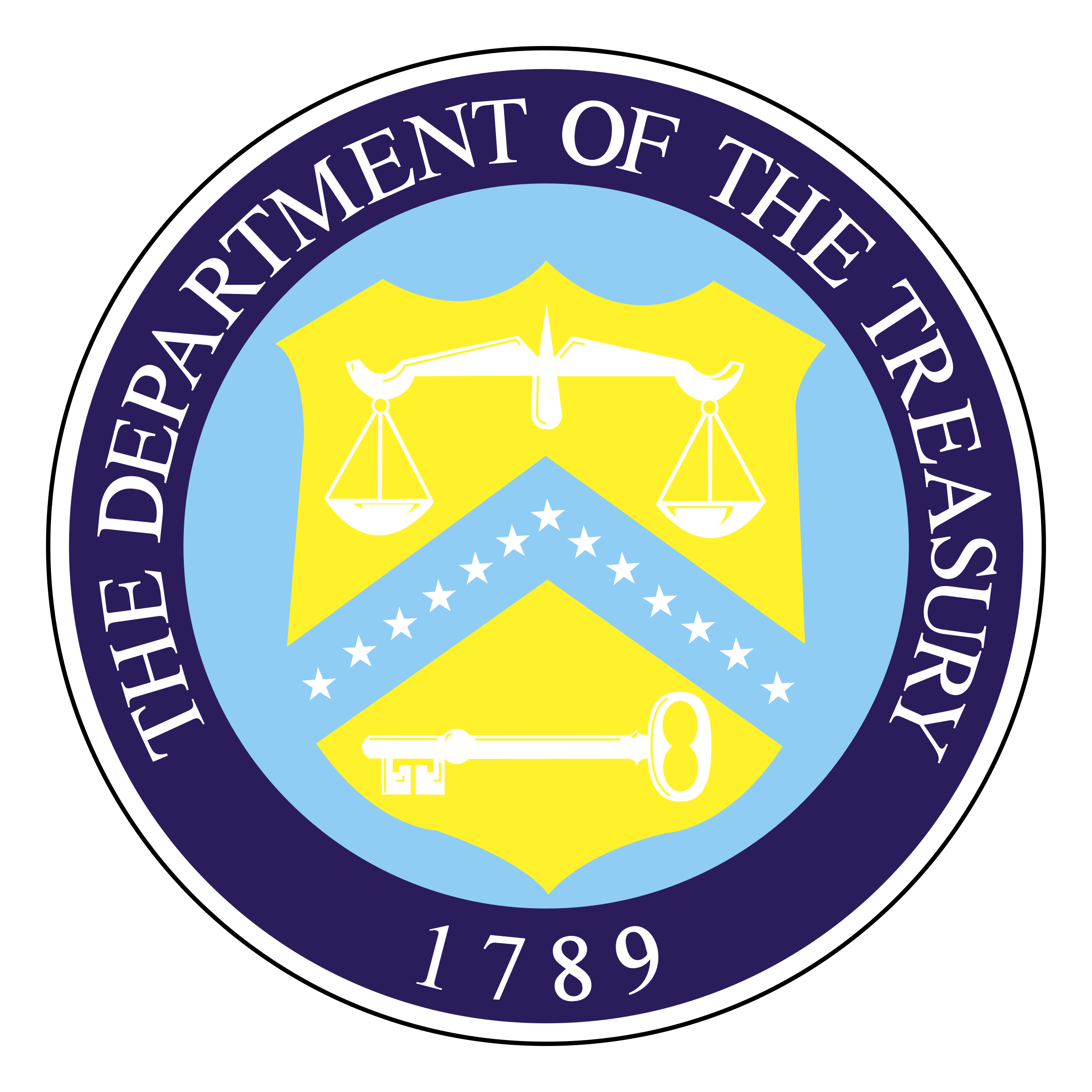What’s new in MMT
- Taxes and issuances of securities are not a source of funds for government spending
- “Deficit financing” is not an appropriate terminology
- Government spending proposals should not be scored and voted on based on their impact on the public debt
- Changes the way of thinking about government budgeting procedures
MMT Builds upon:
- Jurist Julius Paulus Prudentissimus in Roman times when he noted “the importance of public authority backing money and the fact that the value of money does not
depend on its substance” - The US colonies in the 17th and 18th centuries
- The macroeconomic work of Abba Lerner and Beardsly Ruml in the 1940s
- The credit theory of money, developed by Alfred Mitchell Innes in the 1910s and Thomas Smith in the 1830s
- The monetary experiments and observations of economists and politicians all the way back to Adam Smith and Jean Baptiste Say
MMT embraces:
- The theory of effective demand, developed by John Maynard Keynes (1936) and Michał Kalecki (1933)
- The contributions made by Joan Robinson, Nicholas Kaldor, and many Post-Keynesian economists on the causes of economic growth.
- The importance of income distribution for growth (wage-led versus profit-led growth)
- The dependence of supply conditions and technological progress on the dynamics of aggregate demand (demand-led growth, Verdoon’s law, hysteresis effects)
- The importance of expected sales and capacity utilization as key drivers of investment
- The cost of credit plays a marginal role
- The power relations as expressed through classes
- Income effects
- The role of monetary outcomes for employment,
- Investment and production decisions
- The dependence of productive capacities on current spending decisions
MMT rejects:
- Say’s law
- The neutrality of money
- Methodological individualism
- Relative-price clearing mechanisms
- The existence of “natural” variables to explain how a capitalist economic system behaves
From: Seven Replies to the Critiques of Modern Money Theory
See also
- Happy 25th birthday, Modern Money Theory! @ GIMMS 28th January 2021

